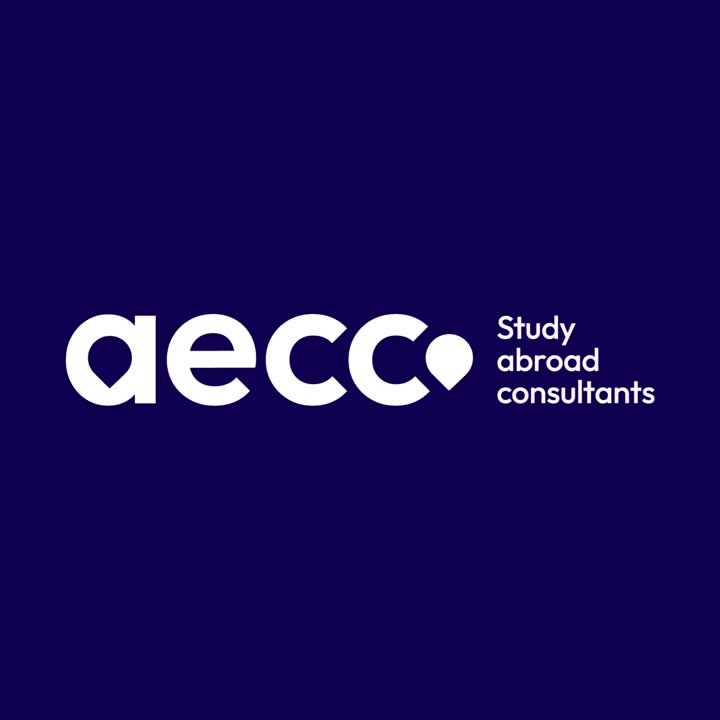As you finish high school and look at options to study further, you are generally presented with many choices on how to choose a university. You may wish to pursue a course in your home country, gain some experience and then plan to study abroad or look for a fresh start. No matter how small the decision is, you need to remember that this would carry life-long implications for you. As overwhelming as it may seem, you can simplify the process of Study abroad with some help and guidance at the right time. At AECC Nepal, we have listed five tips to help you choose a university to study abroad
Table of Contents
1. Choose your subject wisely
Choosing a college major can be tricky. Some people know right away what they want to study, but others are less sure. If you're not sure about what to study abroad, you may want to consider a liberal arts degree. Liberal arts degrees are known for having a more flexible curriculum, which can be helpful if you're undecided. Otherwise, it would be wise to narrow your options to three or four subjects. Think about what you want to get out of your education. What do you enjoy learning about? What skills do you want to gain? Do you need a degree for the job you want? If you have a clear idea of what you want to study, then that's great! You can also check course-wise or college-wise rankings to find out more about courses in demand.
2. Do thorough research about your desired course
You've probably heard this many times — a university degree can take anywhere from one to four years, and it can be quite expensive. Check university websites for official data, and student forums for a more varied range of opinions. If you are looking at a specific destination, then the research needs to be more thorough. There are so many factors that need to be taken into account like accommodation, living expenses, student life, and safety. It is prudent to use numerous sources to do your research and make sure you take all factors into consideration before you decide on your destination and course. Some countries offer a ceratin course in native languages and are something you may want to check too before you decide on course or destination.
3. Check the entry requirements
Choosing the right schools is a time-consuming process. But you can speed things up by checking if you meet their admission criteria before you start applying. You'll save yourself the trouble of repeating something and getting rejected if your choice of the university requires a certain set of qualifications like high school grades, specific test scores, or relevant work experience.
4. Don't miss the prescribed deadlines
If you apply to a university at the last minute, it's hard work trying to get everything done in time. It also makes you look incompetent when you send your application in late. If you make a good impression on the admissions office early, it may make getting into the university easier for you. It's better to give yourself some time since you never know whether the university might need additional documents or changes. It would also be a good idea to apply for a student visa on time, as the princess may take time and you would want to be on the safer side if any delay happens.
5. Take help from a trusted study abroad consultant
At the outset, you may not know what information you should collect when choosing a program, so the best place to start is to consult someone who is knowledgeable about education and can help you get everything in order so that you will be successful abroad. Sign up with a study abroad consultant or counseling agency. They'll ask you questions, look at your current situation, and discuss your future goals before helping you find the right university, program, and destination country. A trusted study abroad consultant would also help you with the visa application process to make sure the chances of obtaining a visa are maximized, as the application would be free of any mistakes and omissions that you may be unaware of.
At AECC Nepal, we are committed to providing a hassle-free study abroad experience. Whether it be selecting a university, destination, or course, we have got your back. With 750+ partner universities and branches in over 14+ countries, applying through AECC is seamless and easy. Contact our counsellors for a global study abroad experience right away.




